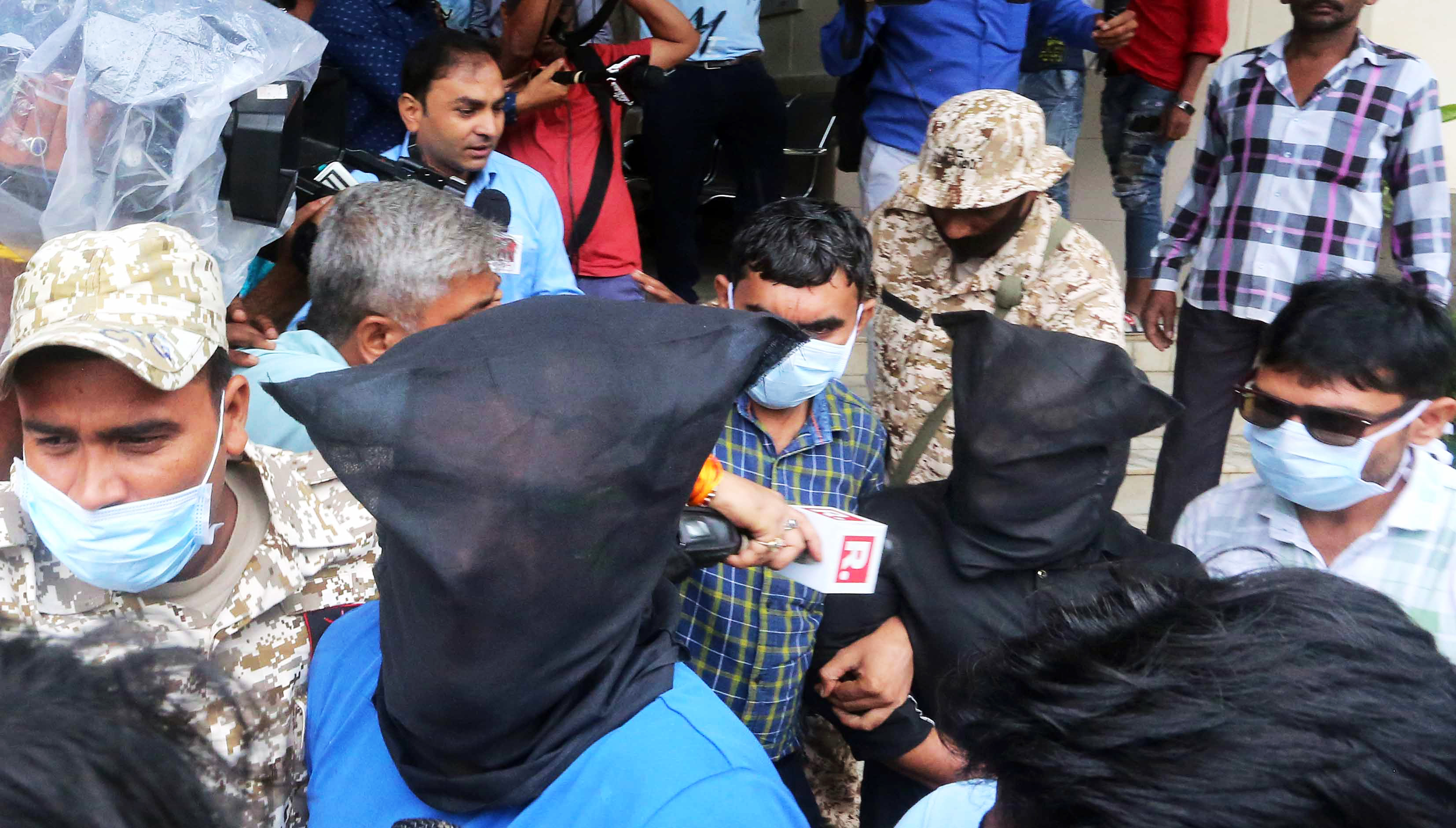NEW DELHI: The Central government’s crackdown on the radical Popular Front of India (PFI) is being
Dr Raihan Akhtar, who teaches theology at Aligarh Muslim University, clearly said that organisations which used violence as a tool could never be representatives of Muslims. “There are a lot of organisations in India like the Jamiat Ulema-e-Hind and the All India Muslim Personal Law Board. They are organisations that raise issues relating to the community democratically and the government also listens to them. How can violence-supporting local organisations like the PFI become representatives of the whole community?” Dr Raihan Akhtar asked.
On 28 September, the Ministry of Home Affairs outlawed the Popular Front of India and eight affiliate organisations for five years under the Unlawful Activities (Prevention) Act (UAPA), 1967. This step came after a week of raids by the National Investigation Agency across the nation. Over 270 people with links to the organisation were arrested from seven different states, showing how the organisation had spread its tentacles from south to north India. According to the notification by the Ministry of Home Affairs, “The PFI and its associates or affiliates or fronts operate openly as a socio-economic, educational and political organisation, but they have been pursuing a secret agenda to radicalize a particular section of the society, working towards undermining the concept of democracy and showing sheer disrespect towards the constitutional authority and constitutional set up of the country”.
Once limited to the southern states of India, the PFI had started spreading its tentacles in the northern part of India. PFI played an important role in the anti-CAA agitation in Delhi and elsewhere. “I was not aware of PFI, I heard about it recently via media,” said Dr Raihan Akhtar, adding Islam didn’t permit violence, it taught love and harmony. “An organisation working against national interests and contributing to violence and terrorism can never find a place in Islam,” said Akhtar.
Dr Iqtidar Mohd Khan, head of department of Islamic Studies, Jamia Millia Islamia, said: “The PFI does not have any base in north India. How can we say it represents the whole community?” Dr Khan explained that “PFI doesn’t represent even 5% of Muslims in India, then how can we argue that it is representative of the whole community?” “If some people carry arms and indulge in acts of violence, we cannot state that the whole community is violent,” said Dr Khan.
According to Dr Iqtidar Mohd Khan, “Our diversity is power, we can’t let anybody destroy it.”
Many scholars said that they hadn’t heard of the PFI earlier, and it was only two-three years ago that they got to know about the PFI via the media. Another Muslim scholar from Kerala, which a PFI hub, Maulana Mohammed Ibrahim, president Jamiat Ulema-e-Hind (Kerala Unit), said: “We don’t like their activities that are never secular.” According to him, most Muslims in Kerala do not support the PFI because of their extremism. “PFI does not represent religion correctly,” said Maulana Mohammed Ibrahim. “We are a secular and loving community. We do not like hate and violence, which is endorsed by PFI,” he added.
Recently, the Central government has appointed Justice Dinesh Kumar Sharma of the Delhi High Court as the presiding officer of the tribunal to review the five-year ban imposed on the Popular Front of India and its affiliate organisations.
PFI does not represent Muslims in India: Scholars
इस शब्द का अर्थ जानिये
- Advertisement -

